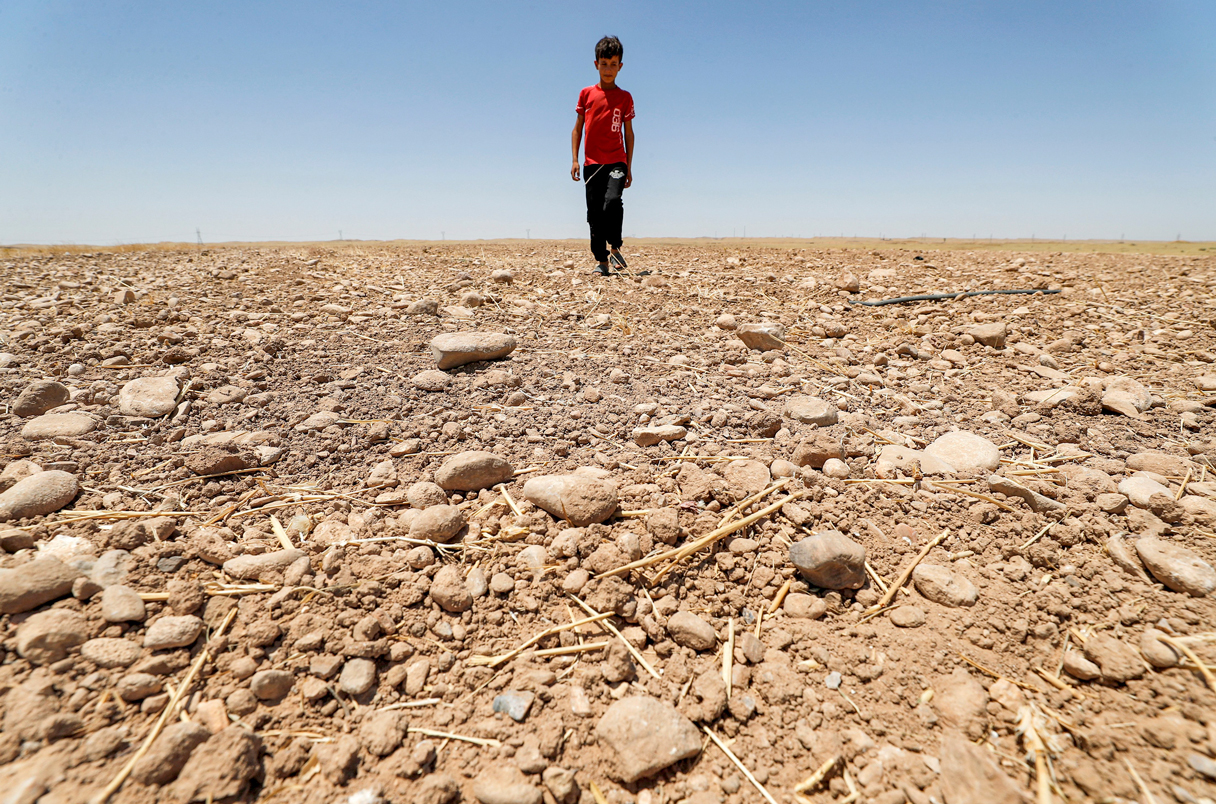HOME
U.N. panel warns of global warming's toll on humans and nature

Over the past 70 years, humanity has made great strides on a number of metrics: increasing life expectancy, cutting hunger and disease, boosting education levels. But a prime engine of these gains—the burning of fossil fuels—now threatens to slow down global development, according to a new report today from the U.N. Intergovernmental Panel on Climate Change (IPCC).
With temperatures already 1.2℃ warmer than in preindustrial times, some ecosystems are nearing a hard limit on their ability to adapt, including warm water coral reefs, coastal wetlands and rainforests, and the frigid mountain and polar realms, the report warns. And although humanity can adapt to warming more easily than the natural world, it needs to move faster, says Michael Oppenheimer, a climate scientist at Princeton University and one of 270 report co-authors. “We’re not keeping up. The rate of climate change is faster than our ability to figure out how to deal with climate change.”
The report is part of the panel’s sixth assessment of climate science, a process its volunteer scientists undertake every 7 to 8 years. A first report, released in August, documented the evidence of climate change: rising seas, extreme heat, severe storms. The new report looks at its impacts on humans and nature—and our ability to adapt to it. (A third report, on reducing emissions, is due in April.)
The report recounts a familiar litany of present-day impacts. Half of the plant and animal species studied have shifted poleward or to higher elevations. Corals are bleaching, forests are burning, and marine heatwaves are killing swaths of species. Yet the severity of the ecosystem impacts still surprised the report’s authors, says Camille Parmesan, an ecologist at the University of Plymouth. Particularly alarming, she says, are the thawing of permafrost and drying of tropical peatlands, which are, in some years, turning these natural absorbers of carbon dioxide into emitters that could accelerate climate change. “We have an increased risk of irreversible impacts,” Parmesan says.
News Source